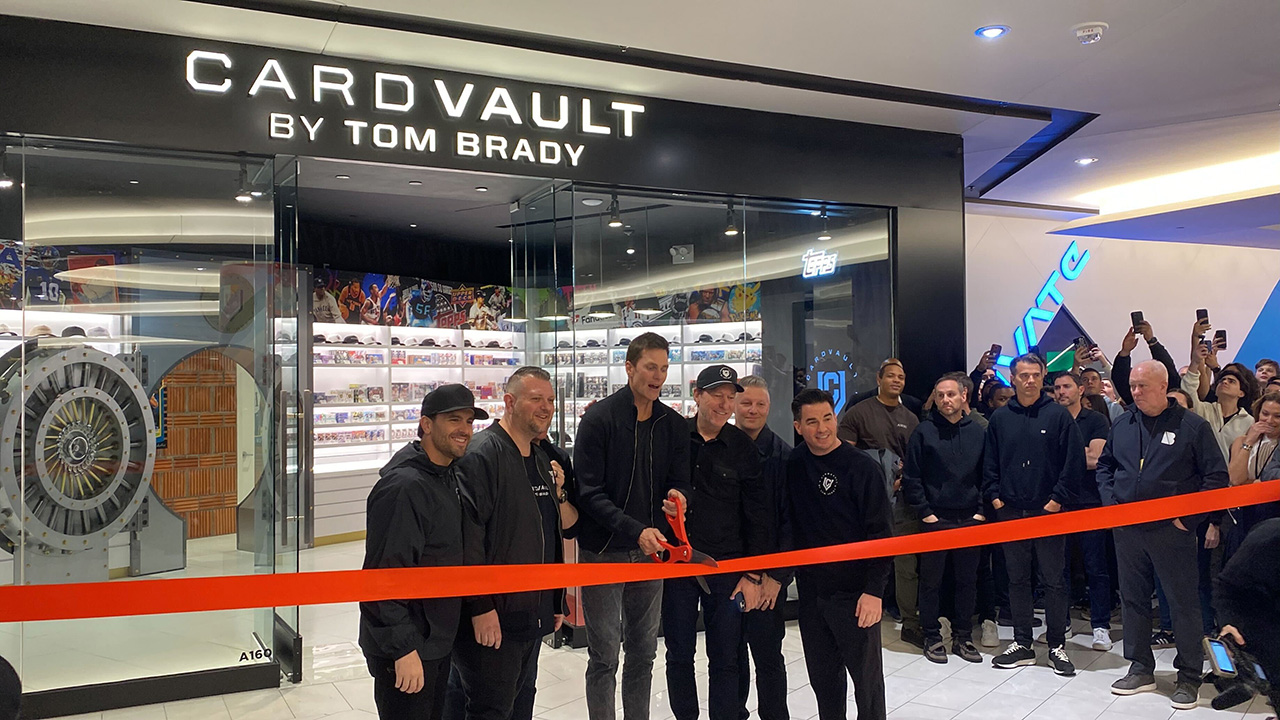Cost: The EU remains committed to Serbia’s accession as a stable, peaceful, and prosperous country

BELGRADE – President of the European Council Antonio Košta stated today that all candidates for EU accession have the same conditions they must meet, and that he came to Serbia because he wants to help it achieve concrete results and accelerate its European path. When asked by journalists why Serbia always receives new conditions in the EU accession process, Košta replied that EU accession is a merit-based process, that the methodology is the same for all candidate countries and is defined in the Copenhagen criteria. “Sometimes some countries move faster, some slower. We would like all to move at the same pace, but that is not the case. Clearly, not everyone is in the same position on the path to accession, but we hope that those who are not leading will perhaps take the lead in the accession process in the future. To join the EU, all criteria must be met, and they are well explained in the Copenhagen criteria,” said Košta. He added that the accession process is not something that Brussels imposes, but it is the free will of each country that has decided it wants to be an EU member. “The responsibility of the European Commission is to assess how different countries, candidates, meet what needs to be fulfilled, and we open new clusters step by step.
To open the next cluster, President Vučić listed everything that is necessary and explained what the delivery calendar for results on that issue is,” Košta noted. He added that now is the time for Serbia to deliver results in the EU accession process, and that it is up to the European Council to deal with the political decision to open the cluster and hope that it can do so as soon as possible. The President of the European Council emphasized that this is a matter of mutual trust and that he understands that many people in Serbia, and even in the region, no longer believe they can be successful in this process, as well as that many in Brussels and other countries also do not believe that these countries are truly committed to EU accession. “But the only way to overcome that situation is to deliver results on one side, and on the other side to achieve results as well, and to come to a comprehensive good result. For me, it is a personal commitment to engage in all my capacities and to make the best efforts to move forward, to build trust in candidate countries, in the institutions of the European Union, as well as in the 27 member states that need to believe in that,” said Košta.
He emphasized that it is necessary to always talk in a friendly manner, as we do not all have the same vision about everything, and the only way to address those different diversities is to talk, to understand each other, and to understand what we need to do together. “And that is the reason I am here. Many told me not to come, but I decided to come because if we have a problem with Serbia, if we have a problem with President Vučić, the solution is not ‘don’t come and don’t talk to President Vučić,’ but to come, to talk, to explain different viewpoints, and now we can hear from him, to hear that Serbia is fully committed to the European path and the accession process,” said Košta. When asked how the visit of the President of Serbia to Moscow will affect Serbia’s European integration and what the next steps for Belgrade in relation to the EU are, Košta said it is important to clarify what that visit means. “As he explained to me, it was a moment to celebrate an event from the past. But in the present, Serbia is fully committed to the EU accession process and knows that for that we need to have full alignment in our common foreign and security policy,” explained Košta. He emphasized that we cannot change history and fully understands that Serbia celebrates liberation from 80 years ago, but that, as he said, we cannot celebrate liberation from 80 years ago without condemning today’s invasion of another country. “The European Union is not a matter of history, but represents a common effort of all member states to overcome their own history, their conflicts during historical conflicts, battles, and wars from the past, having a common will to build the future together,” he emphasized and added that 75 years ago the unification of Europe began, and that it was only five years after the end of World War II. “That is why we are here today to continue turning the difficult pages and to continue writing a new story for our future together, and that is why I want to cooperate with Serbia and why it is extremely important to keep in mind the concrete commitments that both the President and the Government of Serbia have taken upon themselves to deliver results in the areas of media freedom, electoral law, anti-corruption efforts, and related laws, as they are key elements for opening Cluster 3,” noted Košta. He added that we should no longer waste time, but rather restore citizens’ trust in this accession process. (May 13)
What's Your Reaction?
 Like
0
Like
0
 Dislike
0
Dislike
0
 Love
0
Love
0
 Funny
0
Funny
0
 Angry
0
Angry
0
 Sad
0
Sad
0
 Wow
0
Wow
0





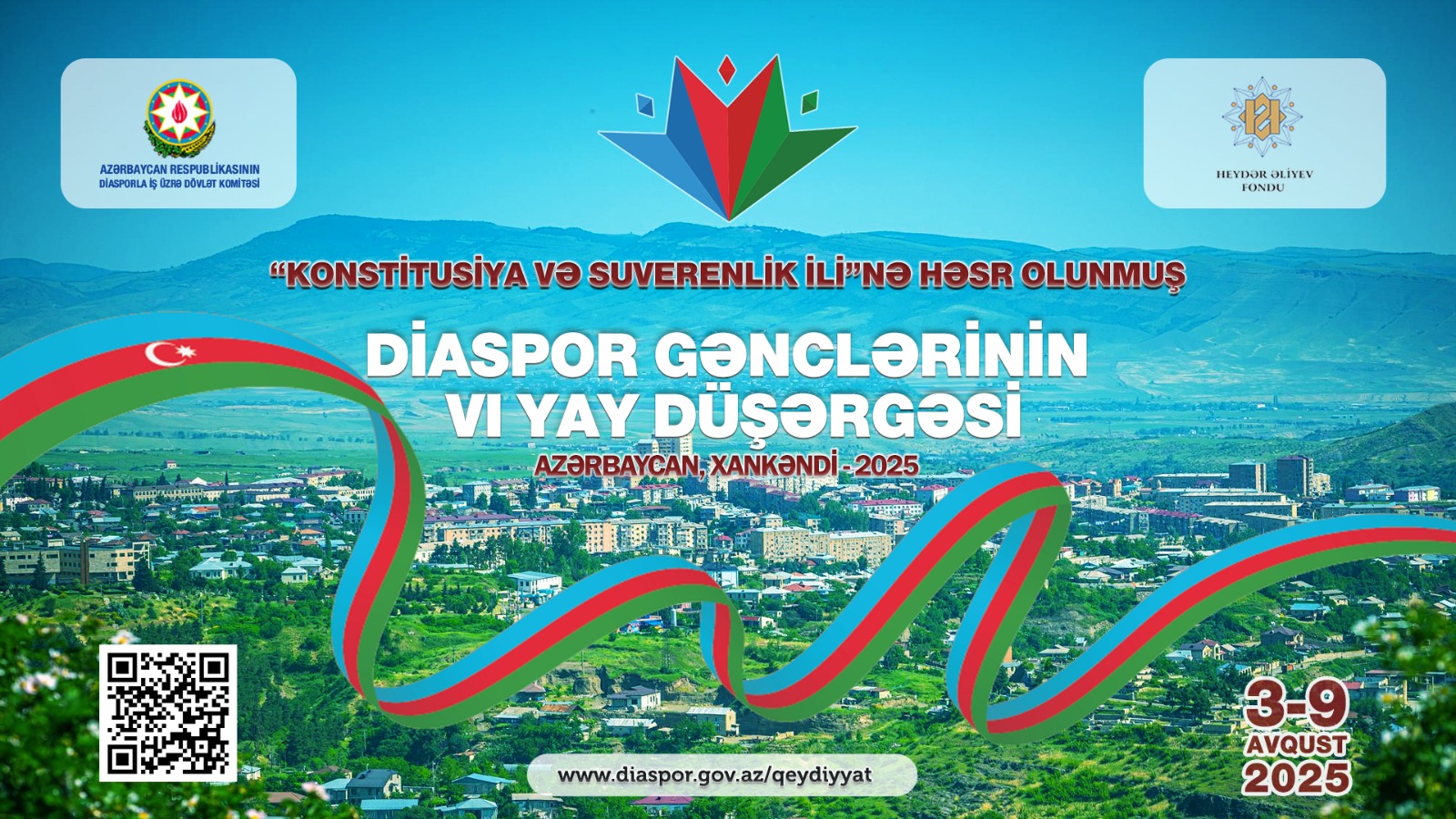


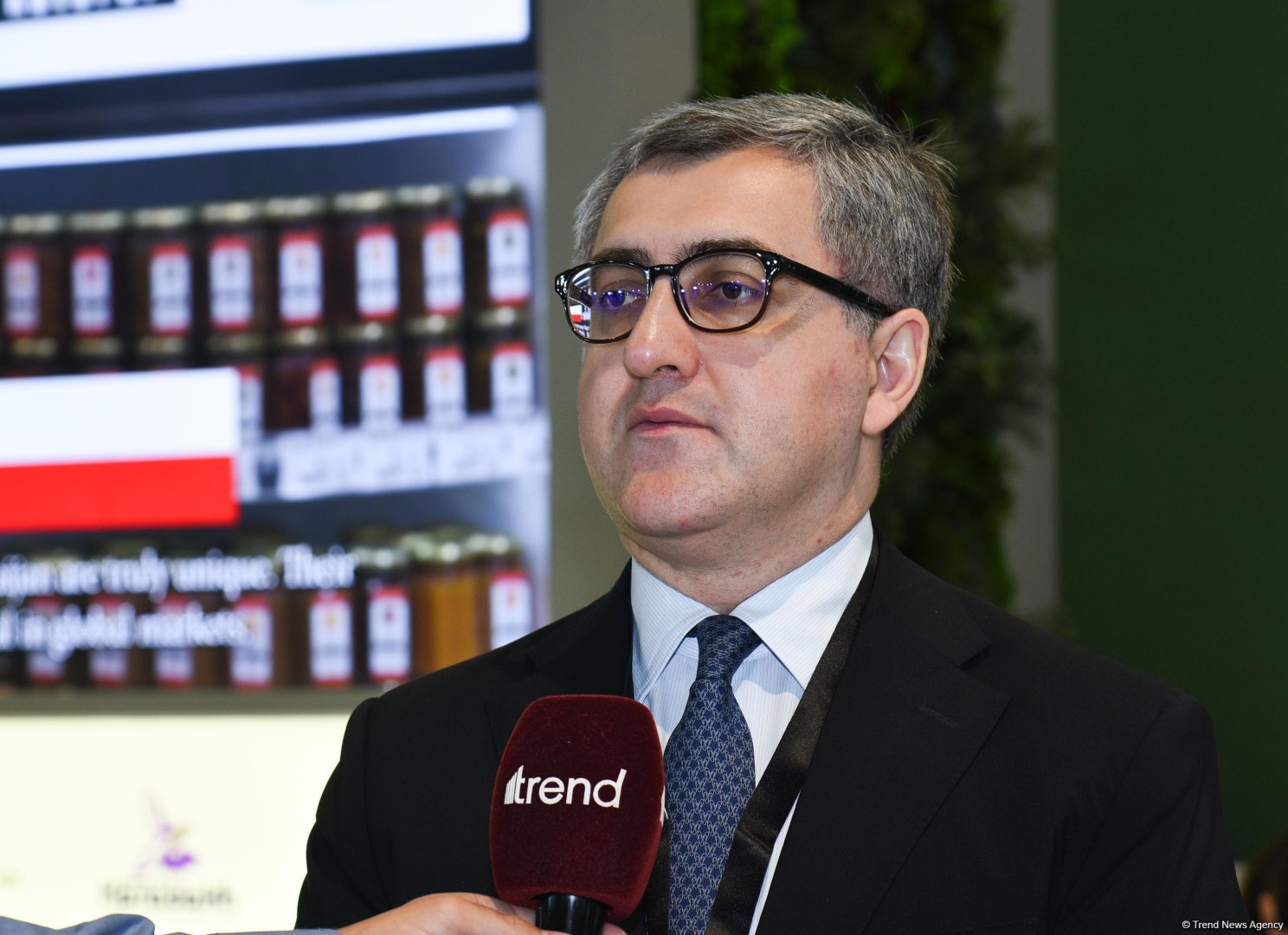











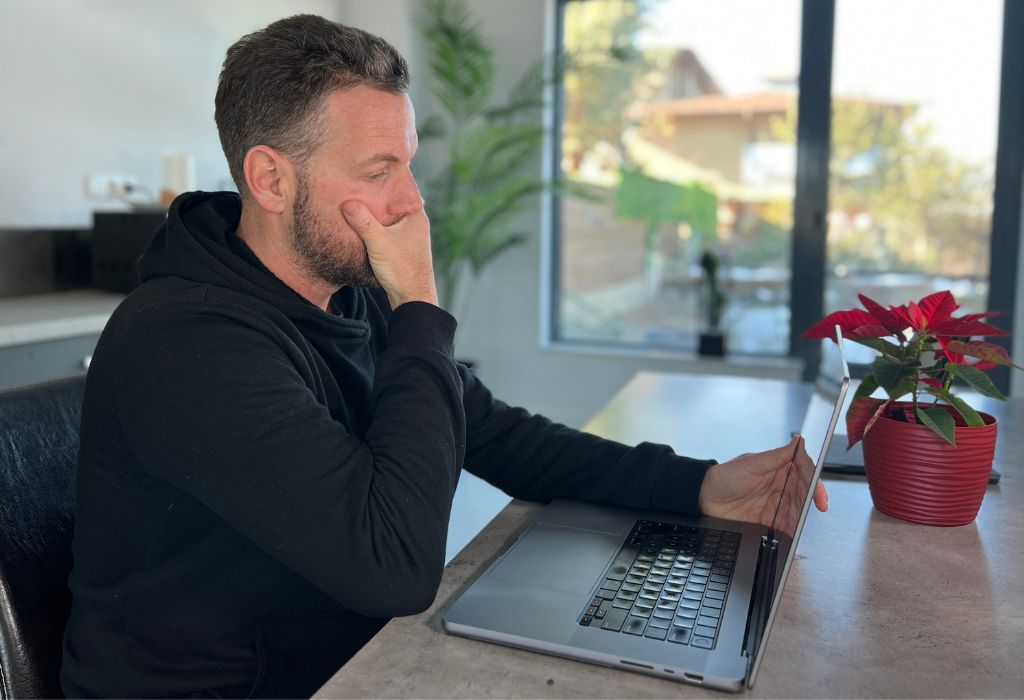


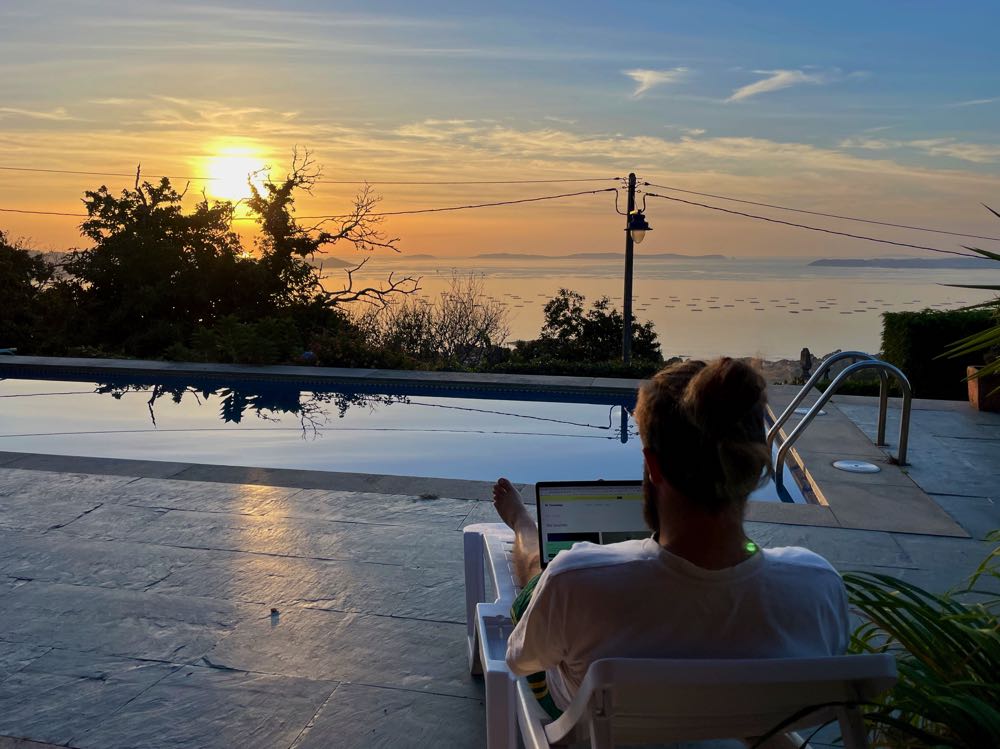
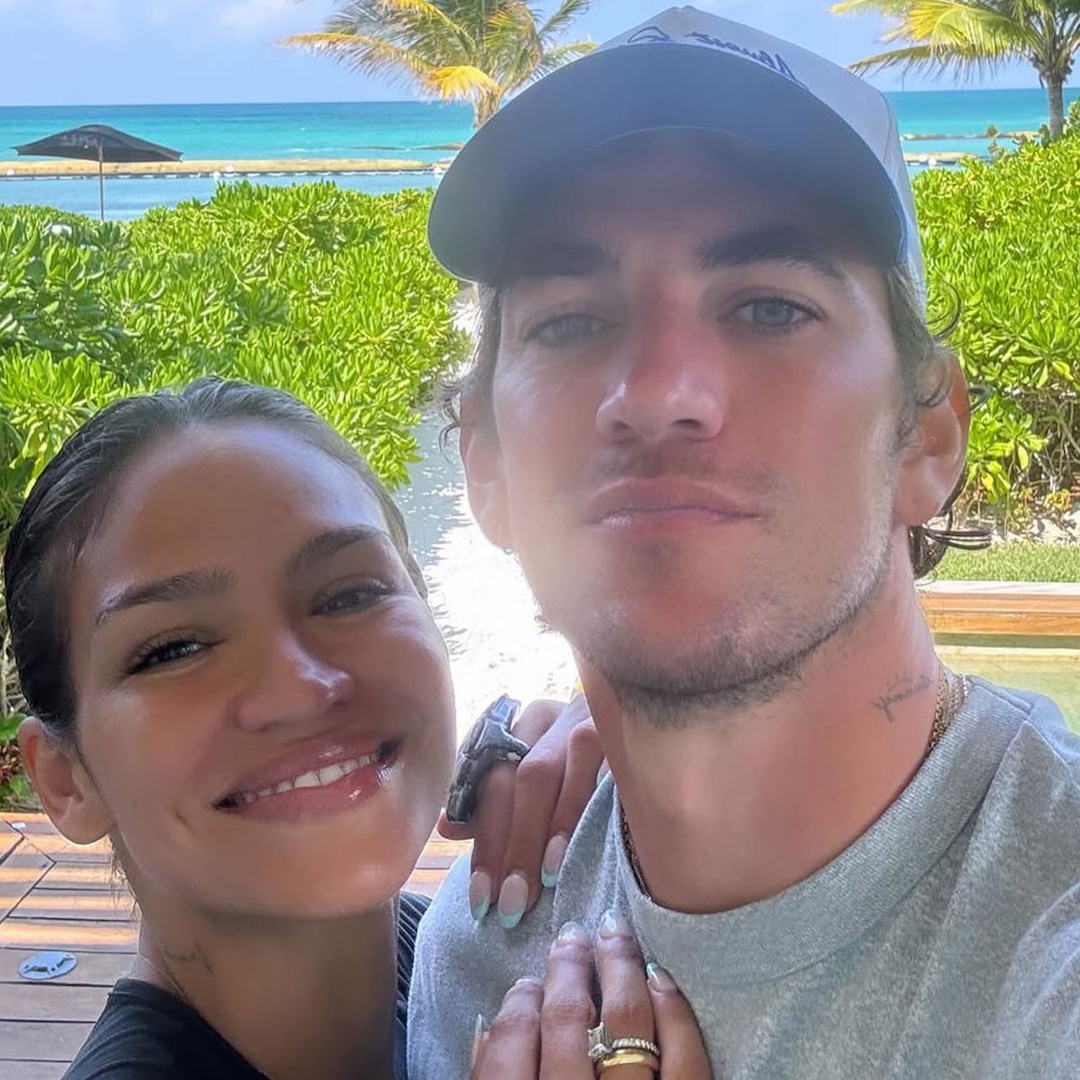

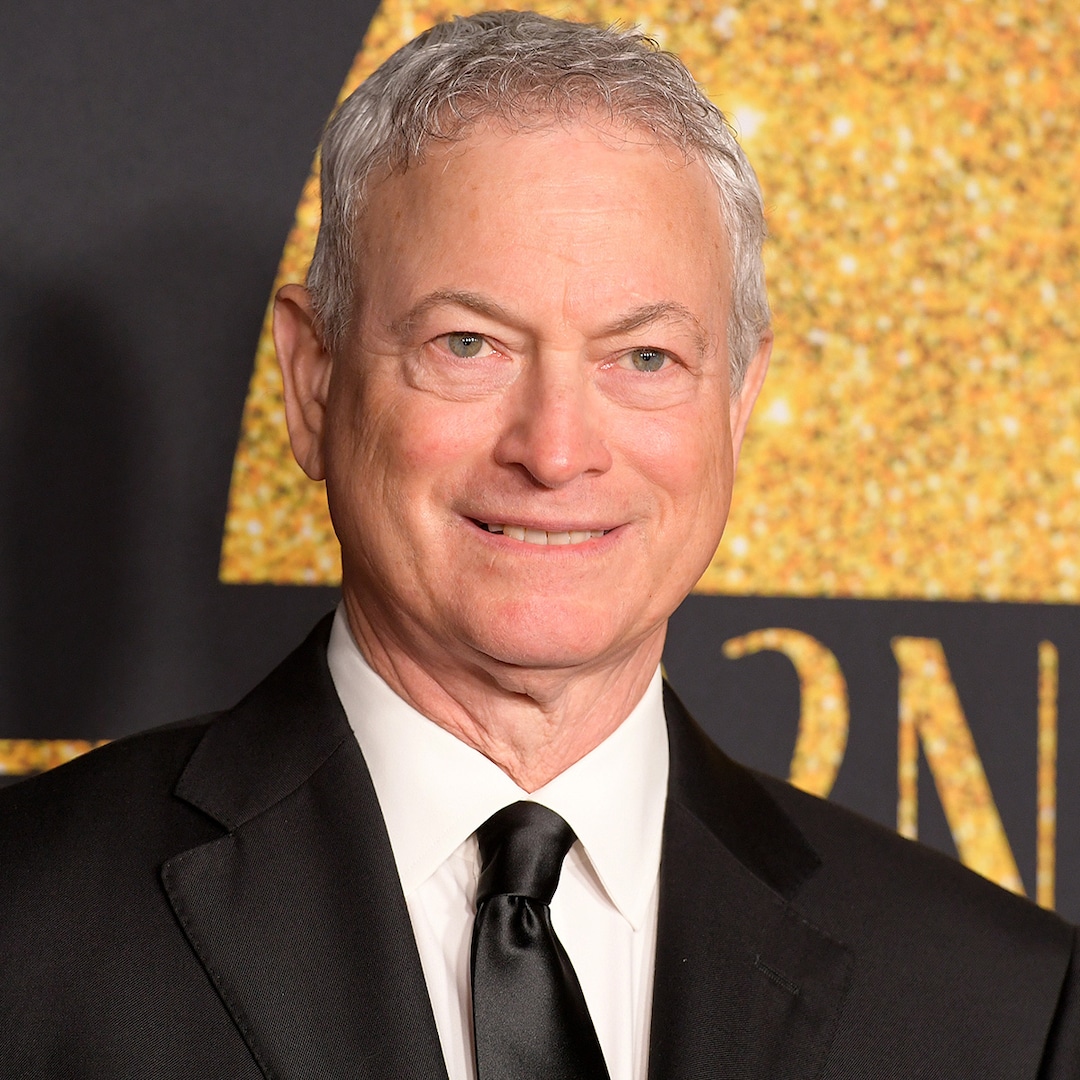


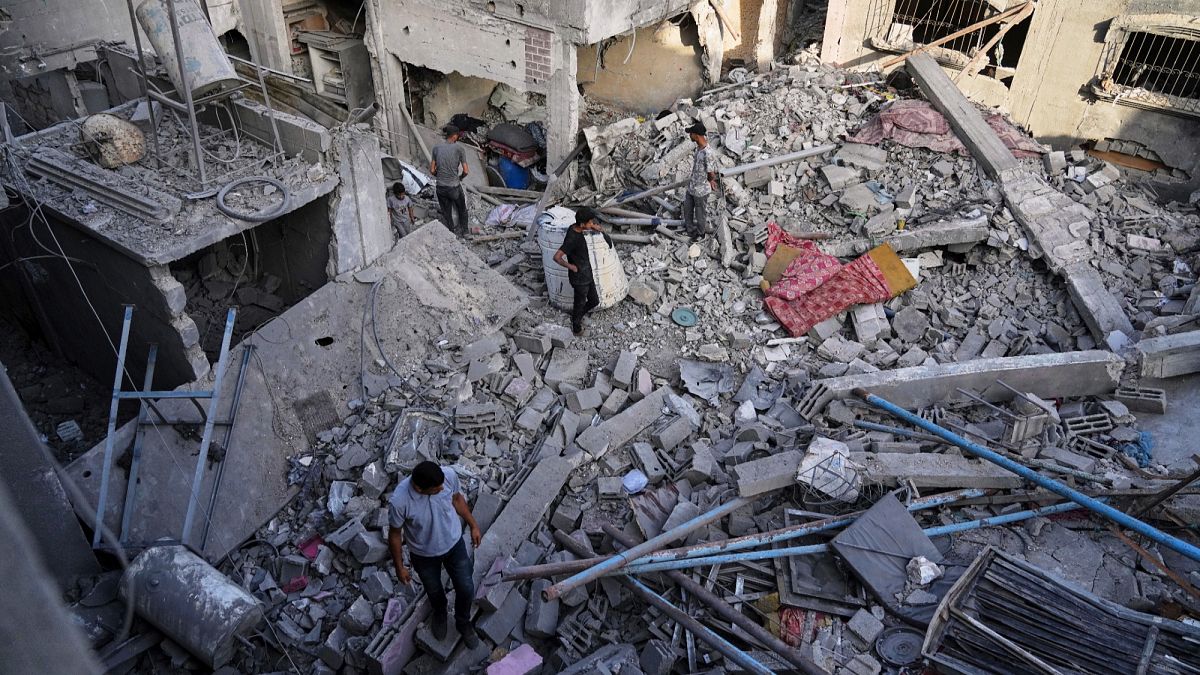
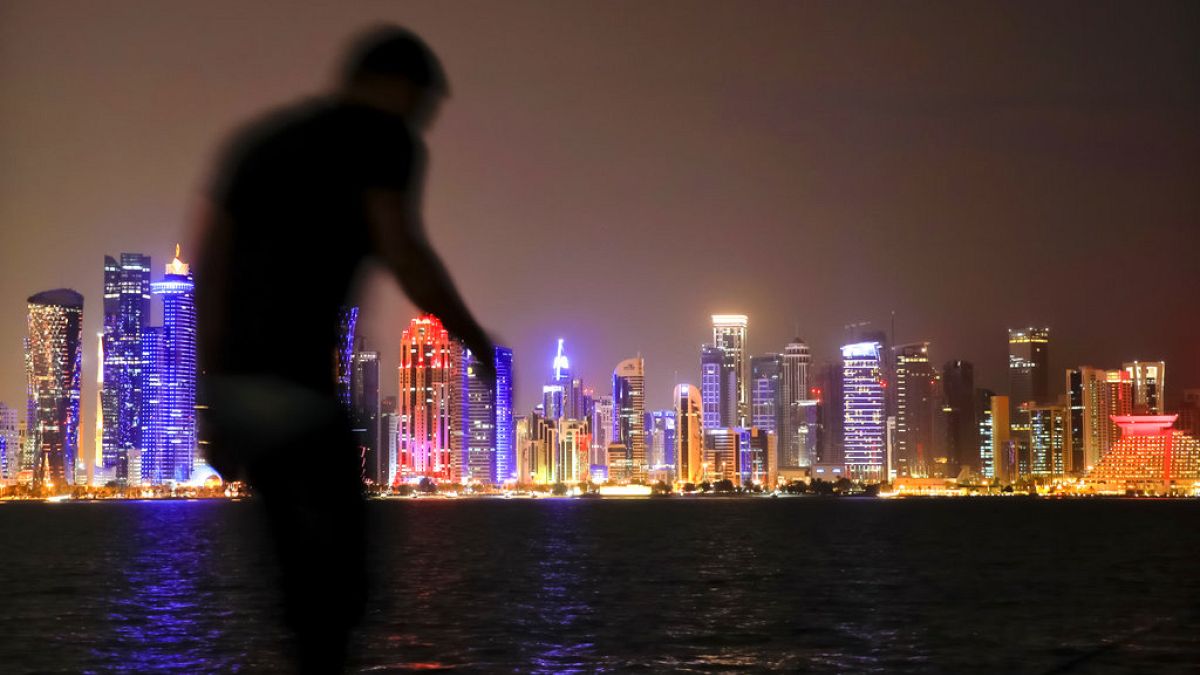
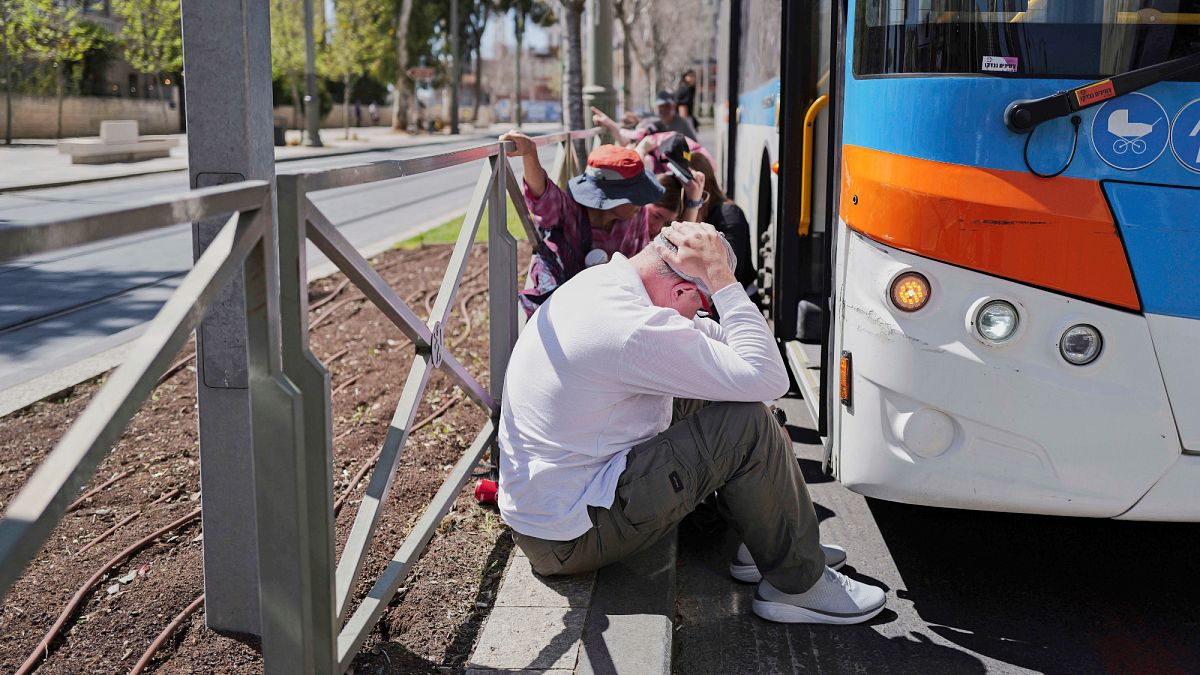





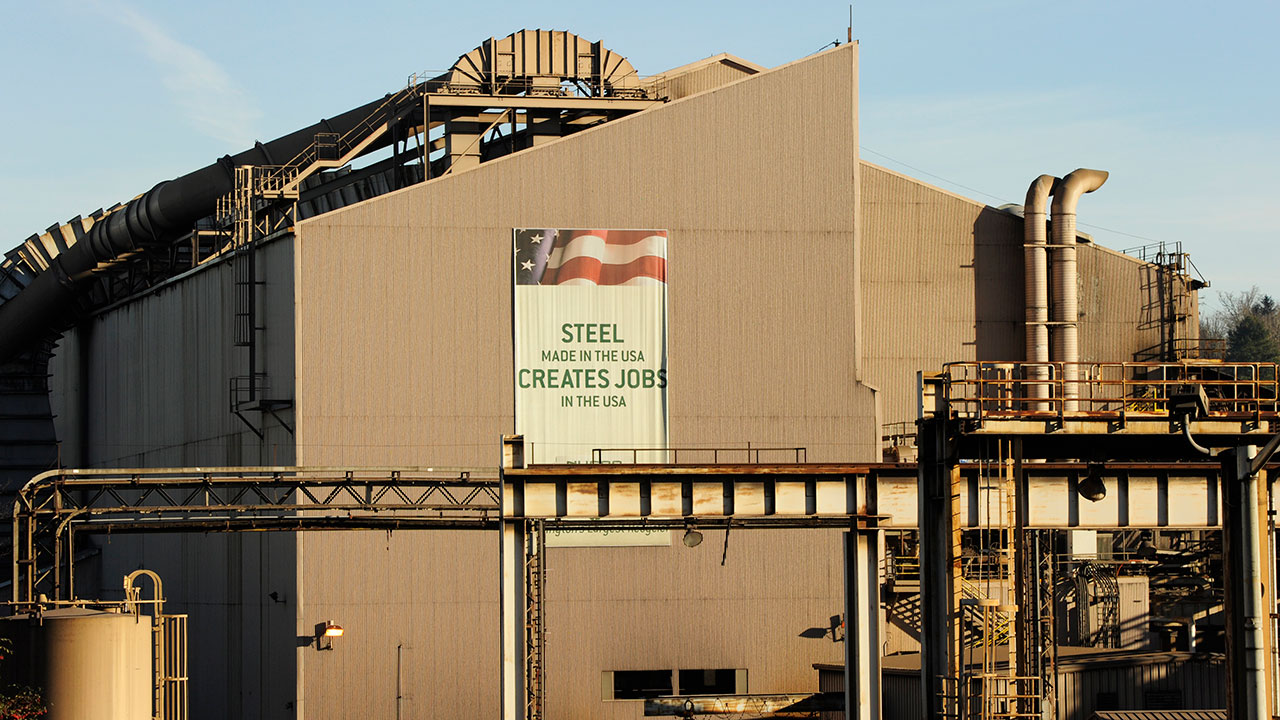
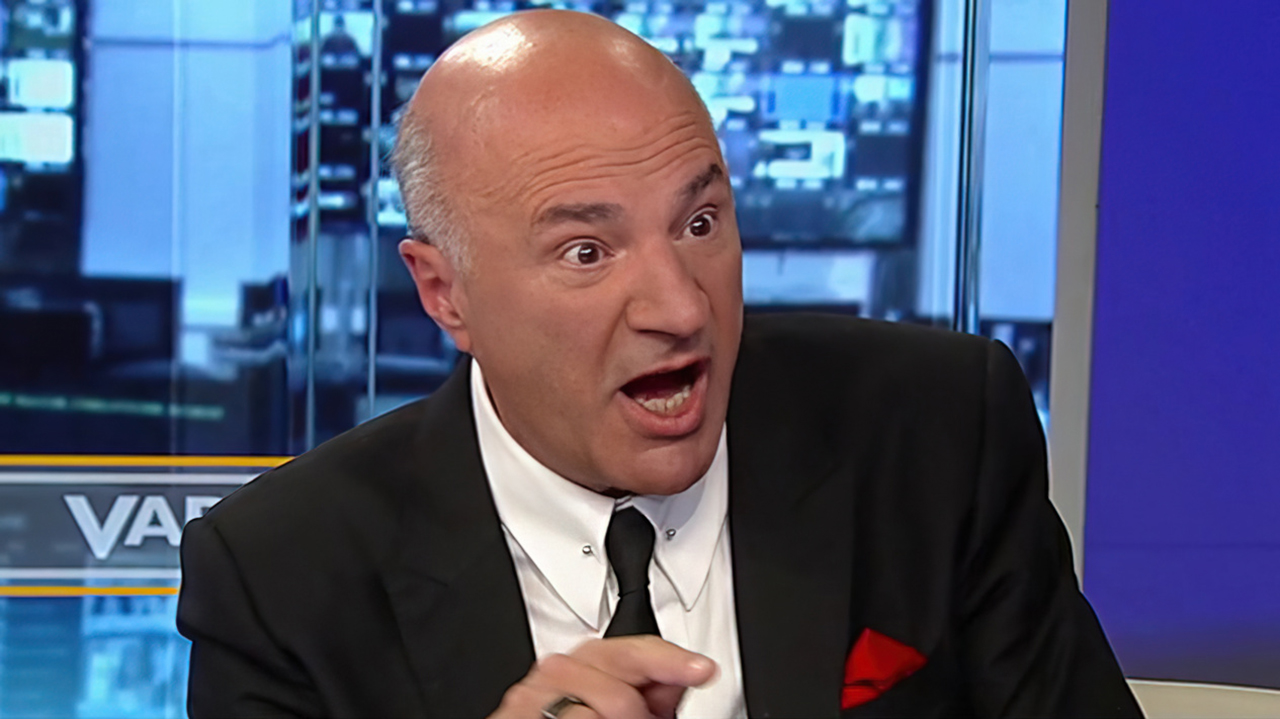
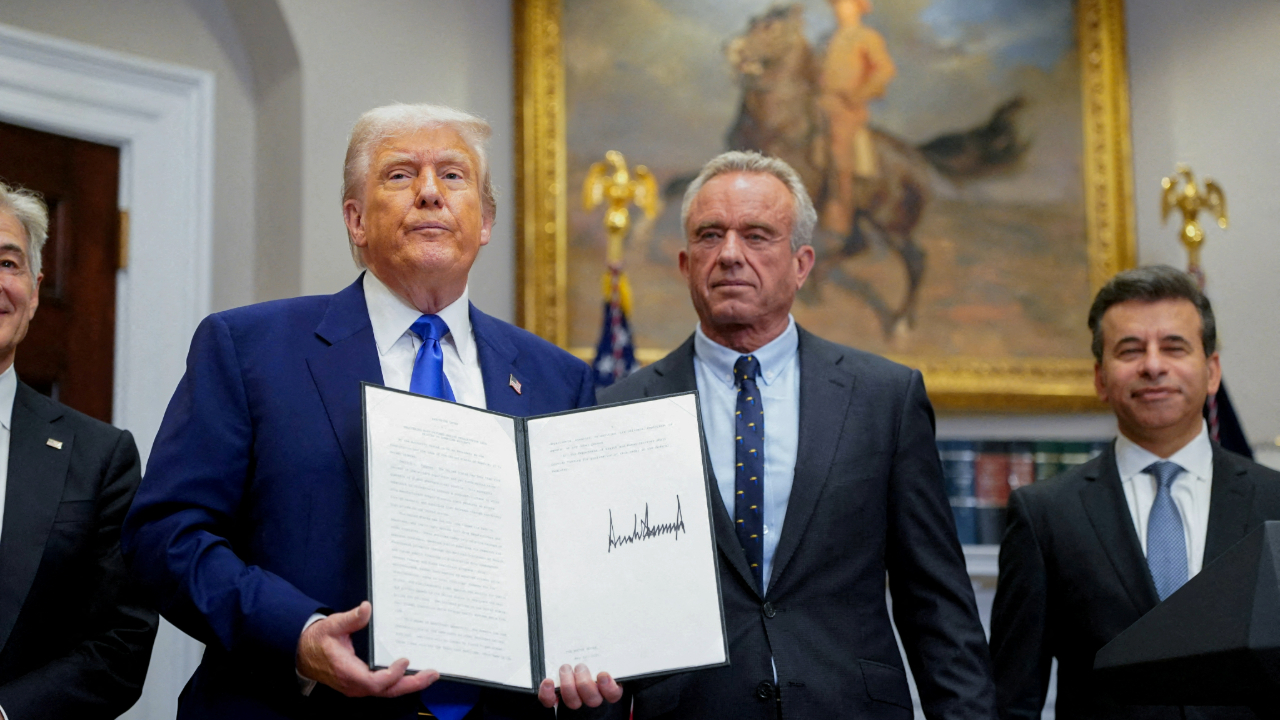

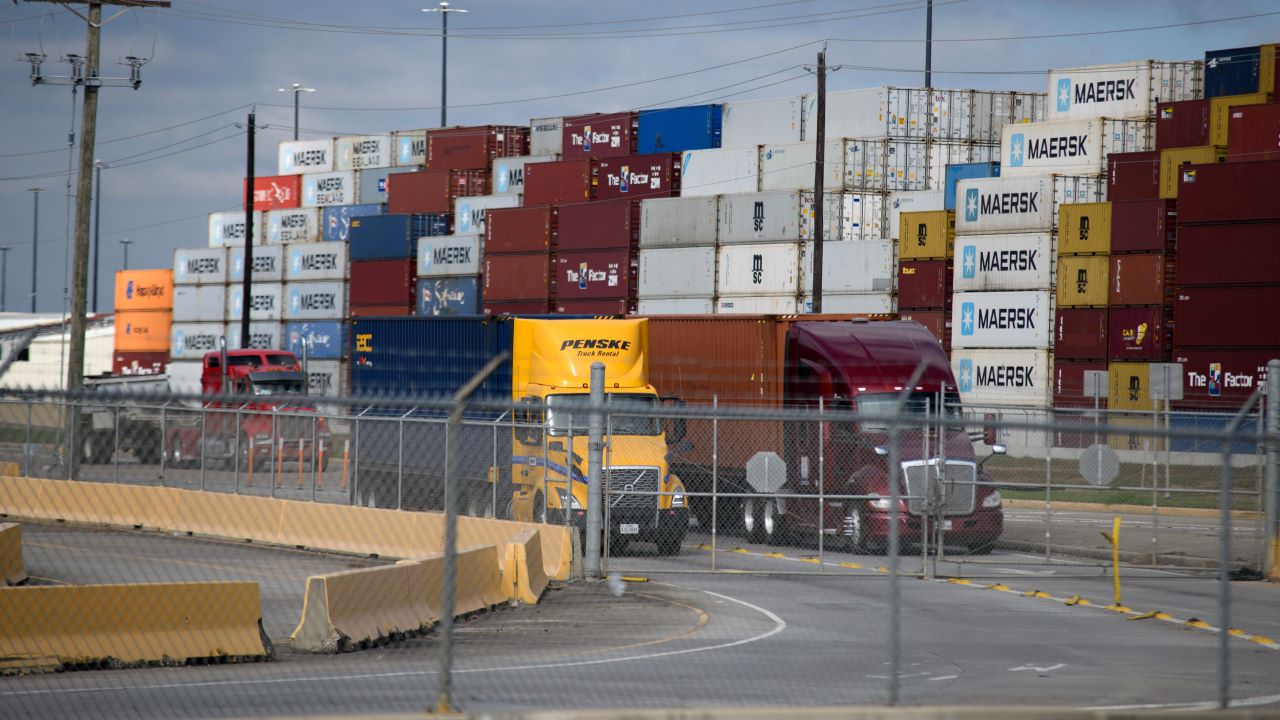




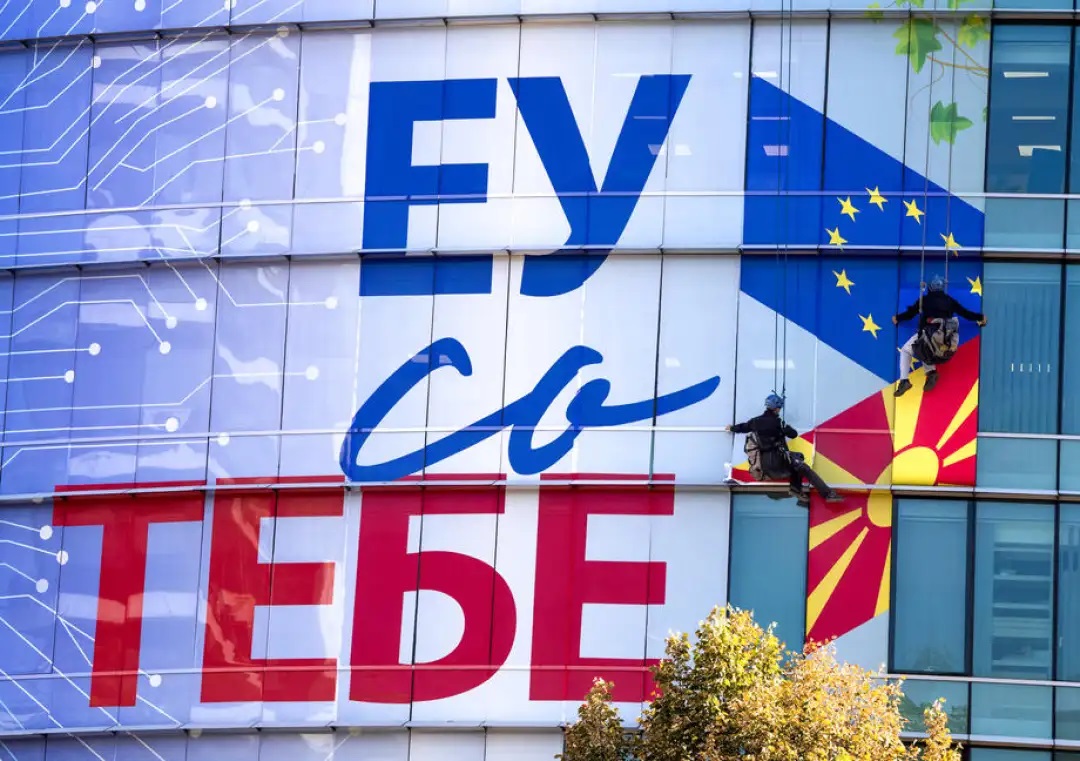
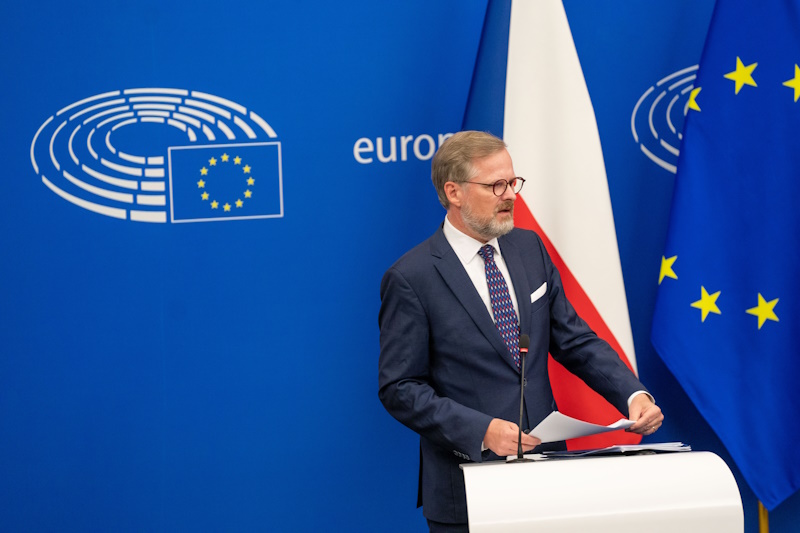
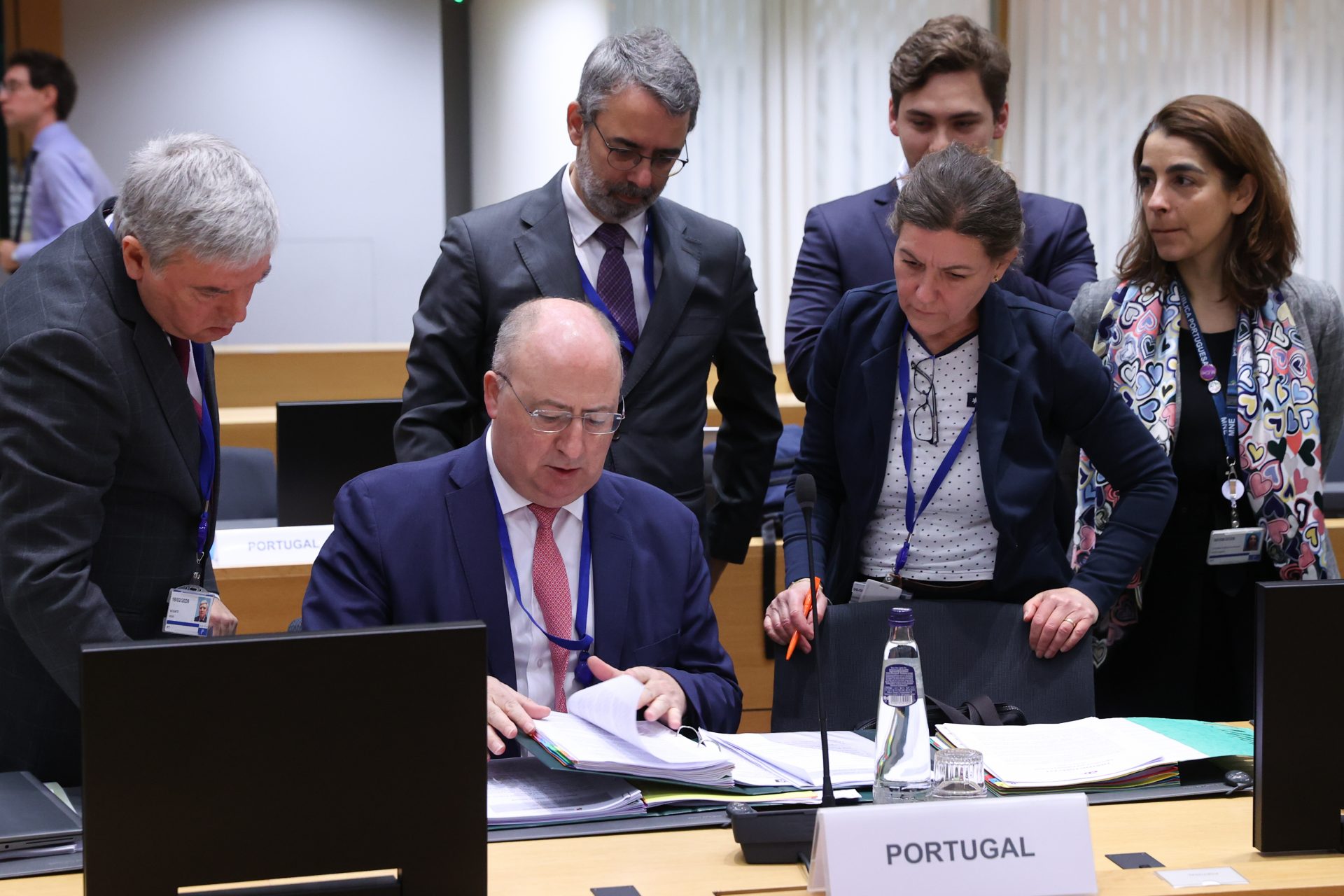
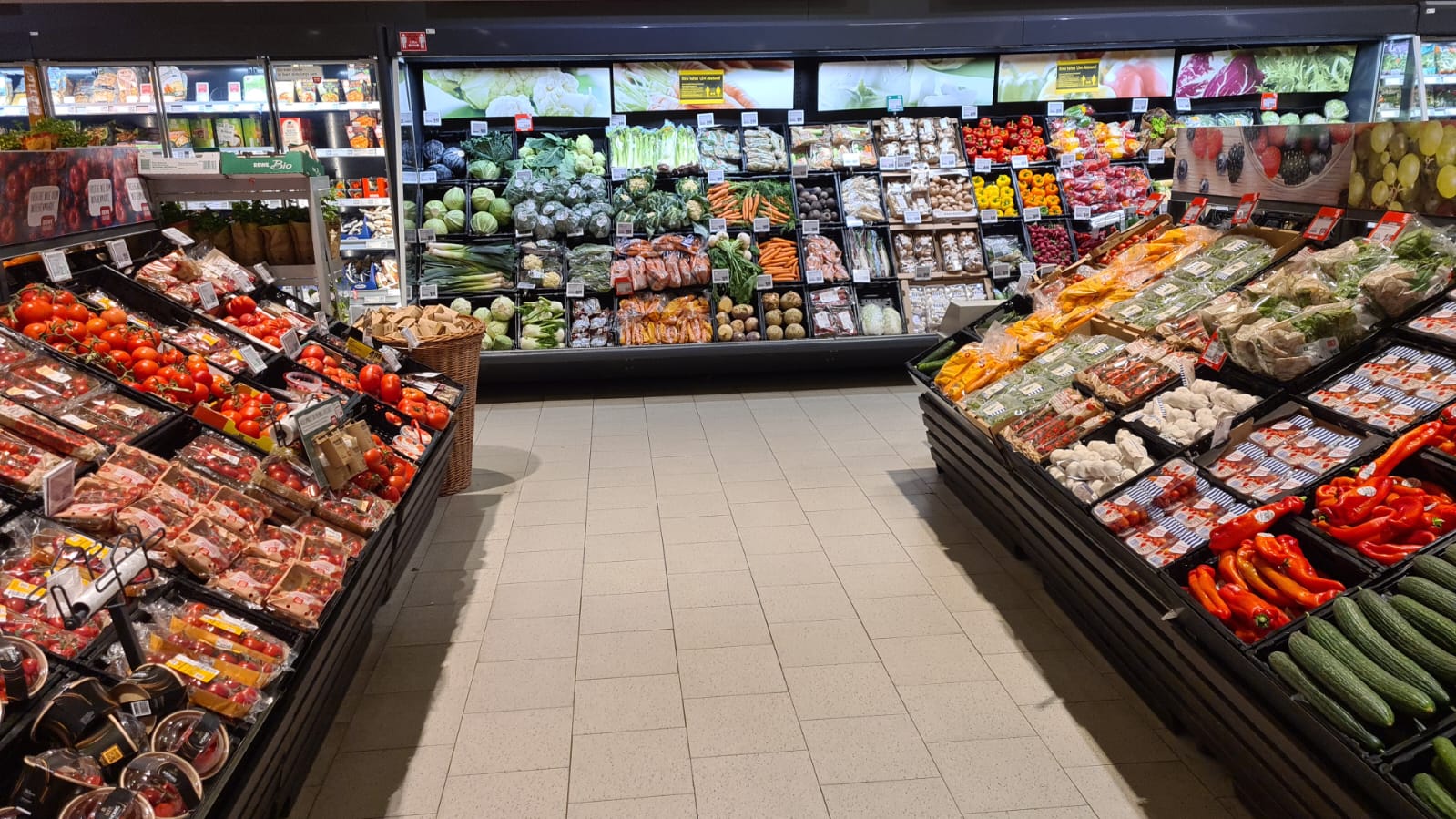


.png?Expires=1838763821&Key-Pair-Id=K2ZIVPTIP2VGHC&Signature=IO0~CT3pU-TcxGc~yoZSmoQx23MZVuK-~4jSii~NKEblRmyO3el7NXPu~Rh1o23voASg7hlcHLw4kvQuDK1jssEhcjoNBBvEpZ~GGOAU6yosBhpHpeF179F~h7i6VxmsBNh9gtTutkoqY73O2YCFey~IAqSzKbBqETP1kP9cAg1916Z1YkJJs-5MliMrkZ5d7-mWGLbpHp2wGj2VlMph8XzYlL4~y1O7fB~JdIS~Rs4RMRs2x0WT1qUIpHAsf3GdwtOyAmKFSpIg8xCyNGZZ5h~13nXlmpd7uPvW8tBfttpG9pFTqcway-uch5WyfHOEfi7UlJCOWrr6fCYY5PMgSg__)







